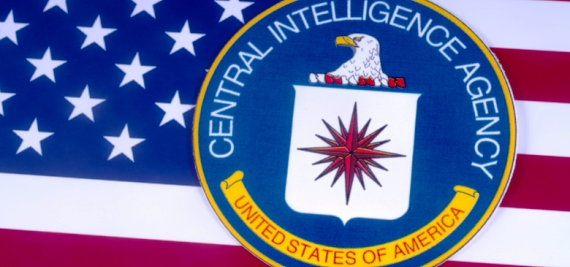A declassified U.S. intelligence document recognizes the Moroccan sovereignty over the Eastern Sahara stretching from Hassi Beida (Bechar province) down to Tinjoub town (southern Mhamid Ghizlane) and holds France, the former colonial power, responsible for the territorial dispute between Morocco and Algeria.
The Memo declassified by the Central Intelligence Agency in 2004 strengthens Morocco’s legal position and historical rights for the liberation of remaining occupied Saharan territories illegally annexed during French Algeria to the detriment of Morocco.
The declassified U.S. official document sheds lights on the “Sand War” which broke out in October 1963 between the two neighboring countries (Morocco and newly independent Algeria), stressing that the southern-Saharan stretch of the Moroccan-Algerian border from Figuig down to the Sahara has never been demarcated. This means that Washington holds France responsible for the entangled border problems in the region.
During France’s administration of Morocco and Algeria, successive redefinitions of the administrative line separating Morocco from the French Algerian jurisdiction favored Algeria, which was legally a part of France, while Morocco was only a protectorate, says the CIA document.
After gaining independence in 1956, the Moroccans raised the issue of recovering their Saharan territories annexed during the French Algeria era, adds the U.S. intelligence memo.
In 1958, when the Algerian rebels were operating in the Saharan area, France and Morocco “informally agreed” on respective operational zones so as to avoid clashes between their forces.
Under this informal agreement, the French extended their occupation north and west of earlier lines, but the new line was not accorded any legal status, underlines the CIA document.
“This line, however, is adopted by the Algerians. The Moroccans insist that the true boundary is an earlier line, which places the posts of Hassi Beida and Tinjoub in Morocco. These posts are important because they are on the main caravan trail linking Colomb-Bechar and Tindouf”, reveals the U.S. document.
The CIA memo cites an agreement reached in 1961 between late King Hassan II and Ferhat Abbas, then Prime minister of the provisional Algerian government to retrieve the eastern Moroccan Sahara but the Algerian leaders broke their promise. They betrayed Moroccans who supported them during their independence war. They refused to return Moroccan Saharan territories, preferring to stick to inherited colonial borders.



